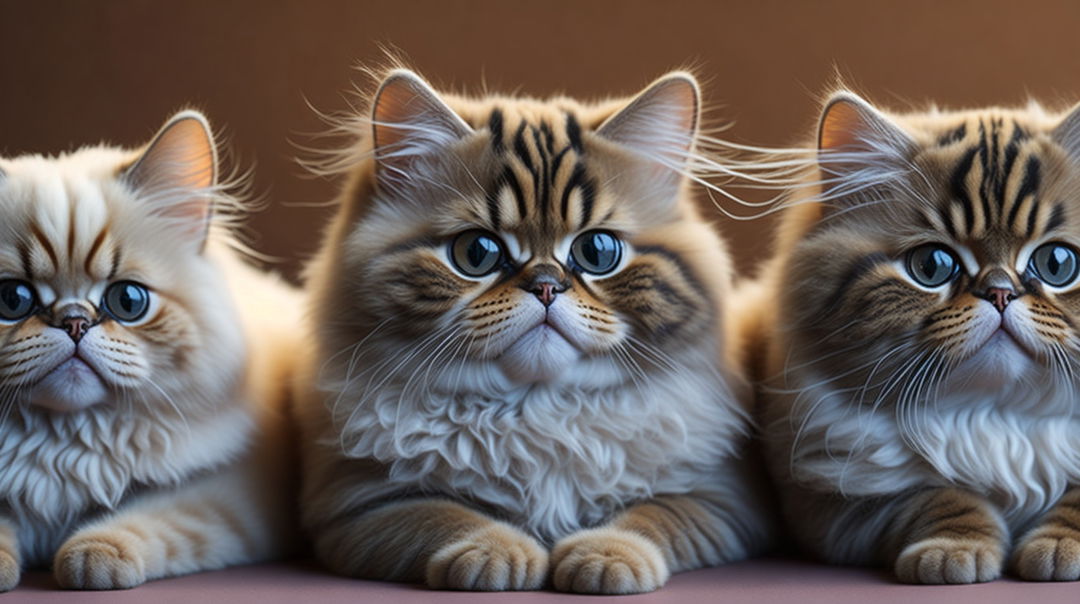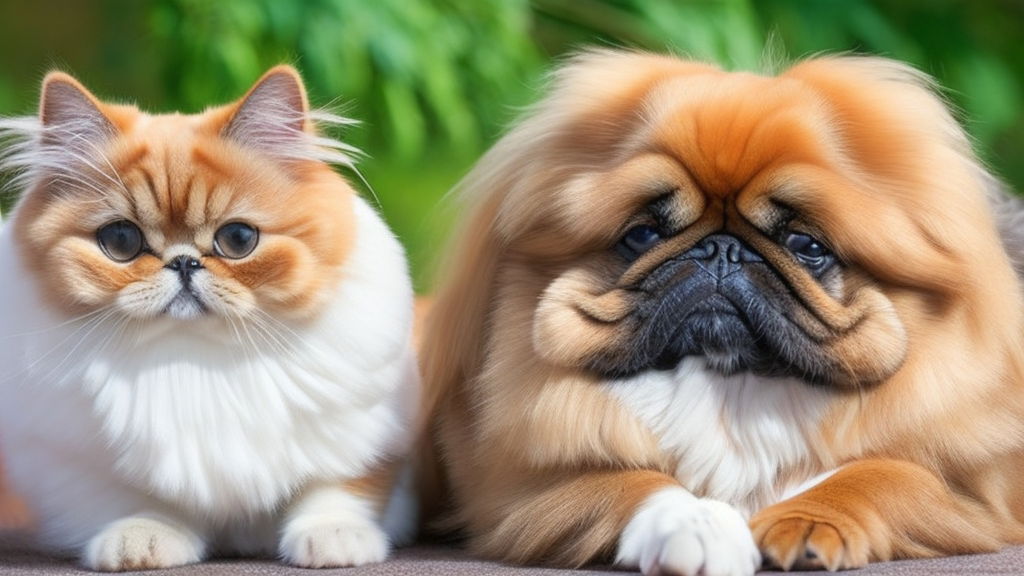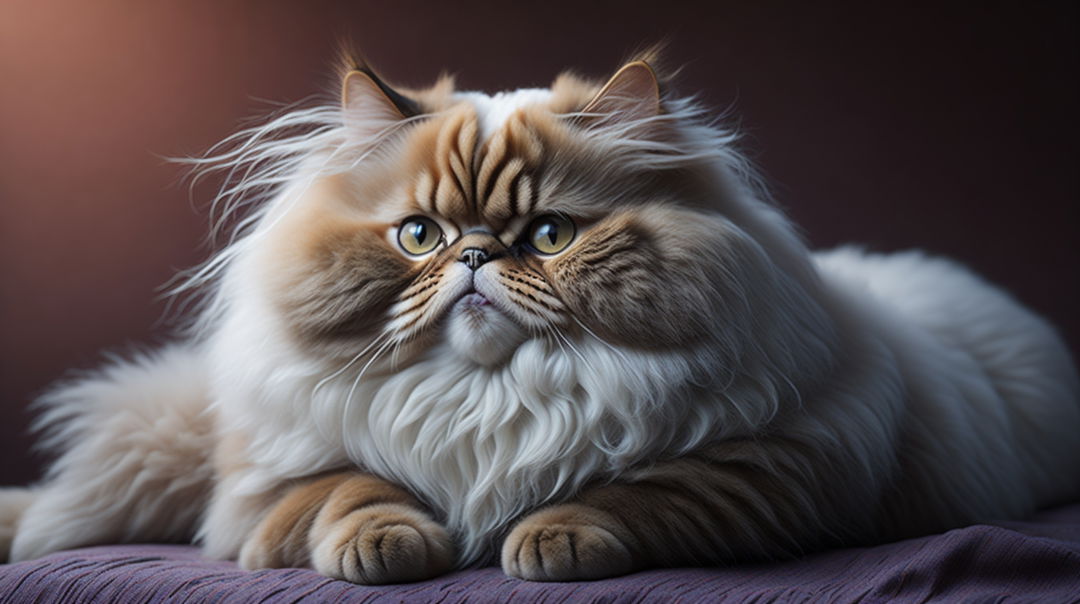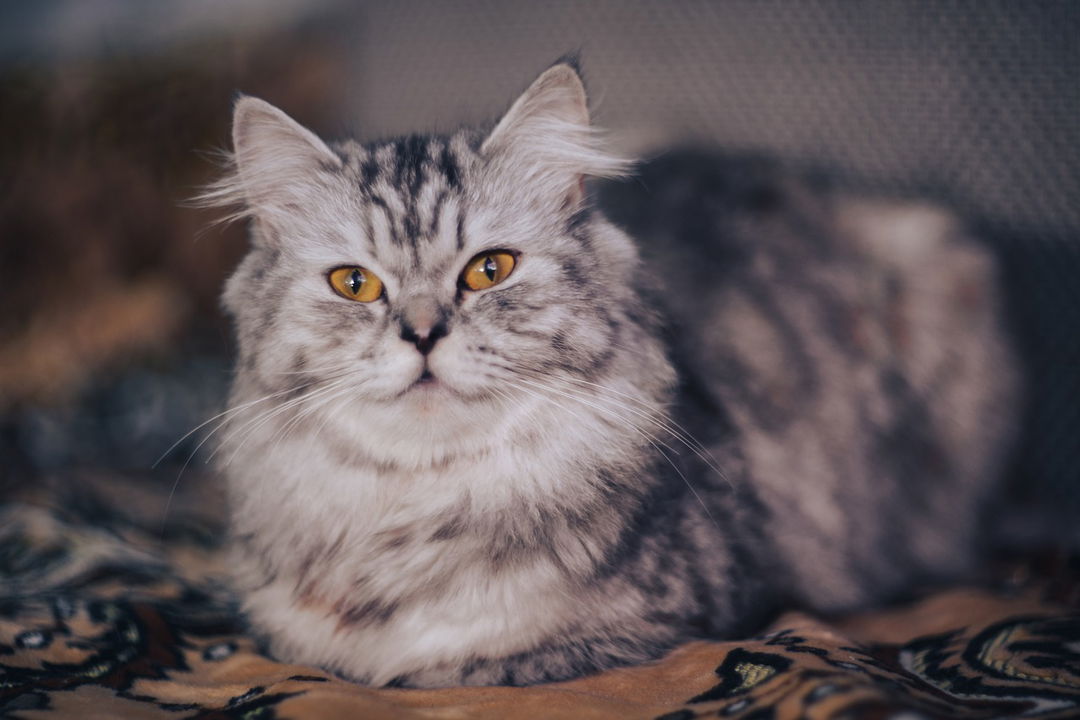What Do Persian Cats Eat?
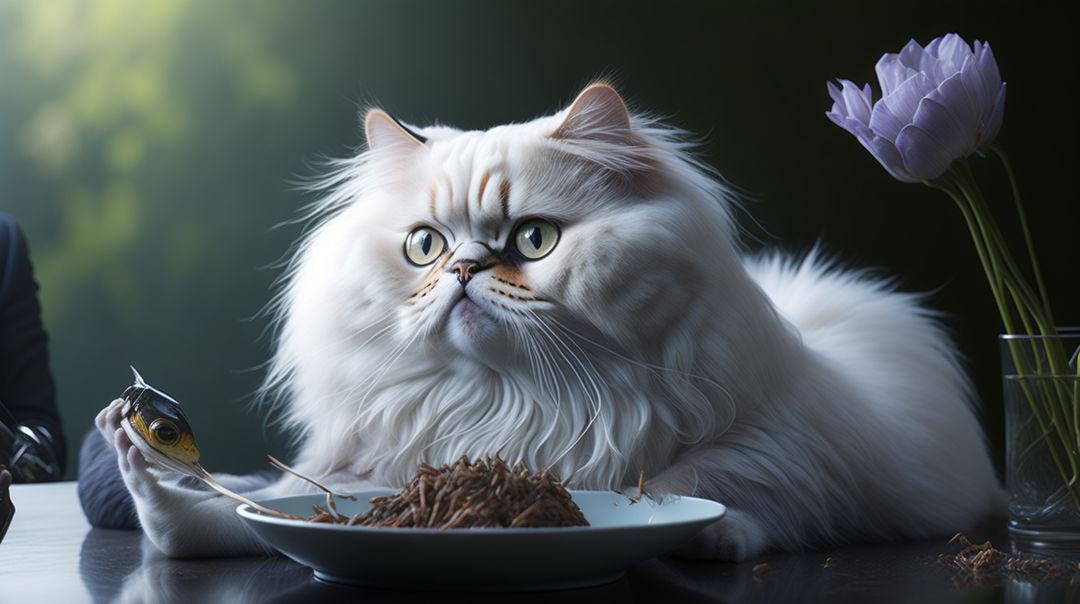
As a cat owner, knowing what to feed your furry friend is crucial for their overall health and well-being. Persian cats are known for their unique, long-haired appearance and their sweet personalities. If you own a Persian cat or are considering adopting one, it's important to understand their dietary needs to keep them healthy and happy.
What should be included in a Persian cat's diet?
Persian cats require a balanced and nutritious diet to maintain their health. They need a high-protein diet that is rich in essential vitamins and minerals. A diet that consists of 70% animal protein and 30% plant-based protein is ideal for Persian cats.
Protein-rich foods
Persian cats need a high-protein diet to maintain their muscle mass. Some of the best protein-rich foods for Persian cats include:
Chicken
Turkey
Beef
Fish (salmon, tuna)
Eggs
Vitamins and minerals
Persian cats also need a diet that is rich in essential vitamins and minerals. Some of the most important vitamins and minerals for Persian cats include:
Vitamin A
Vitamin D
Vitamin E
Vitamin K
Calcium
Phosphorus
Magnesium
Potassium
Foods to avoid
While there are many foods that are safe and healthy for Persian cats to eat, there are also some foods that should be avoided. Some of the foods to avoid include:
Chocolate
Caffeine
Onions
Garlic
Grapes and raisins
Alcohol
Conclusion
In conclusion, Persian cats require a balanced and nutritious diet that is rich in essential vitamins and minerals. A diet that consists of high-quality animal protein and some plant-based protein is ideal for Persian cats. By feeding your Persian cat a healthy diet, you can ensure that they live a long and happy life.
